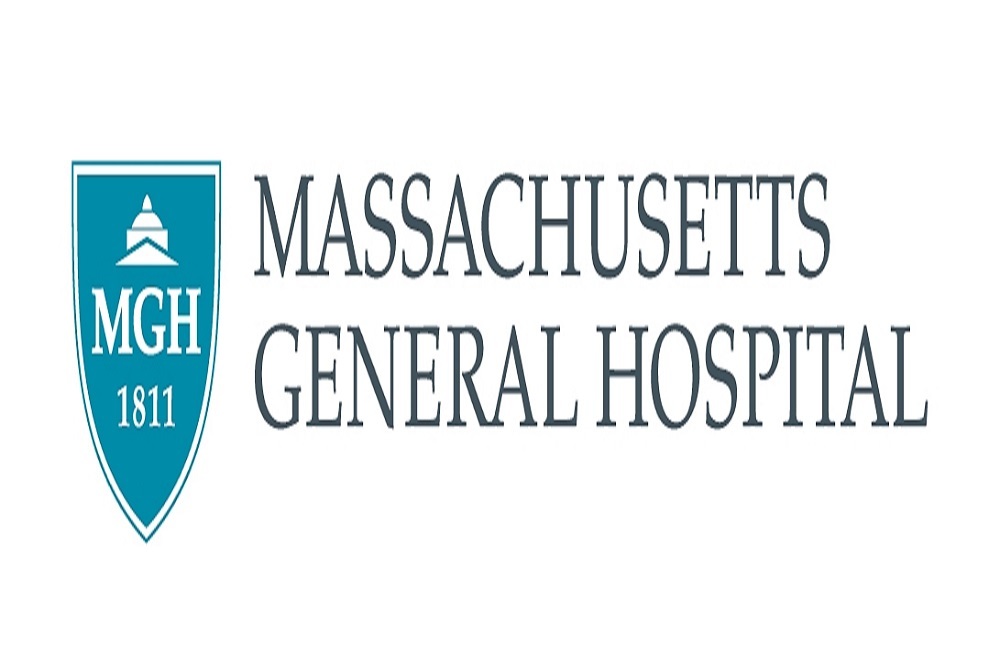
Massachusetts General Hospital issued the following announcement on April 30.
An HIV treatment regimen already widely used in North America and Europe would likely increase the life expectancy of people living with HIV in India by nearly three years and reduce the number of new HIV infections by 23 percent with minimal impact on the country’s HIV/AIDS budget. The findings from an international team of investigators have been published online in the Journal of the International AIDS Society.
“This study is the first to show that, in India, changing current therapy to a dolutegravir-based regimen would be safer, save lives and prevent new infections – all without increasing the cost of care,” said lead author Amy Zheng of the Massachusetts General Hospital (MGH) Medical Practice Evaluation Center in Boston.
Dolutegravir, developed by the HIV specialist company ViiV Healthcare, has been shown to have fewer side effects and be less likely to induce drug resistance than other currently available HIV drugs. It is currently recommended in North America and Europe as initial therapy for newly infected patients and is available in multiple African countries. A generic version has only recently become available in India.
The researchers used a widely-published mathematical model to project the survival and economic outcomes of adopting a dolutegravir-based regimen as first-line therapy by the Indian health system. Based on cost estimates from the Clinton Health Access Initiative, the analysis assumed the annual cost of the new drug would be $102 U.S. per patient, which is slightly higher than the $98 annual cost of current therapy in India. The team assessed the impact of a dolutegravir-based regimen on life expectancy, the number of new HIV transmissions, HIV care costs and the national Indian HIV budget over 2- and 5-year time horizons.
The results indicated that the new regimen would extend the life expectancy of people living with HIV by 2.8 years and prevent 13,000 new HIV infections over 5 years. Importantly, using dolutegravir as first-line treatment is likely to be cost-effective in 2 years and cost-saving over 5 years – that is, the clinical and public health benefits would be realized at no additional cost to the national government, compared with the costs of the current regimens. Adoption of dolutegravir-based treatment would likely reduce the number of patients who require a switch to more costly and less effective second- and third-line HIV therapies.
Study author Nagalingeswaran Kumarasamy, MD, chief medical officer of the Y.R. Gaitonde Centre for AIDS Research and Education in Chennai, India, says, “Given the size and scope of the HIV epidemic in India, making a dolutegravir-based regimen first-line therapy through the National AIDS Control Organization will provide tremendous benefit to our patients and to India as a whole.”
In late 2017, two India-based pharmaceutical companies agreed to provide a generic, dolutegravir-based combination drug to several African countries for $75 per patient per year, a cost even lower than that of current HIV therapy in India. However, in spite of these new advances in HIV therapy in other nations, generic dolutegravir remains out of reach in India – both because of its current costs in that country and because it is not yet the standard therapy – a country in which more than 2 million people live with HIV, the world’s third largest population with HIV.
“With India being the world’s leading producer of generic HIV therapy, it only makes sense for the tremendous benefits of these therapies to become available to people with HIV in India,” added study senior author Kenneth A. Freedberg, MD, MSc, of the MGH Medical Practice Evaluation Center, a professor of Medicine at Harvard Medical School.
Additional co-authors of the report are Mingshu Huang, PhD, and Rochelle Walensky, MD, MPH, MGH Medical Practice Evaluation Center; A. David Paltiel, PhD, MBA, Yale School of Public Health; Kenneth H. Mayer, MD, Beth Israel Deaconess Medical Center and the Fenway Institute, and Bharat B. Rewari, MD, World Health Organization. The study was supported by National Institute of Allergy and Infectious Diseases grants R01 AI058736 and R37 AI093269 and by the Steve and Deborah Gorlin MGH Research Scholar Award.
Massachusetts General Hospital, founded in 1811, is the original and largest teaching hospital of Harvard Medical School. The MGH Research Institute conducts the largest hospital-based research program in the nation, with an annual research budget of more than $800 million and major research centers in HIV/AIDS, cardiovascular research, cancer, computational and integrative biology, cutaneous biology, human genetics, medical imaging, neurodegenerative disorders, regenerative medicine, reproductive biology, systems biology, photomedicine and transplantation biology. The MGH topped the 2015 Nature Index list of health care organizations publishing in leading scientific journals, earned the prestigious 2015 Foster G. McGaw Prize for Excellence in Community Service and returned to the number one spot on the 2015-16 U.S. News & World Report list of "America's Best Hospitals."
Original source can be found here.